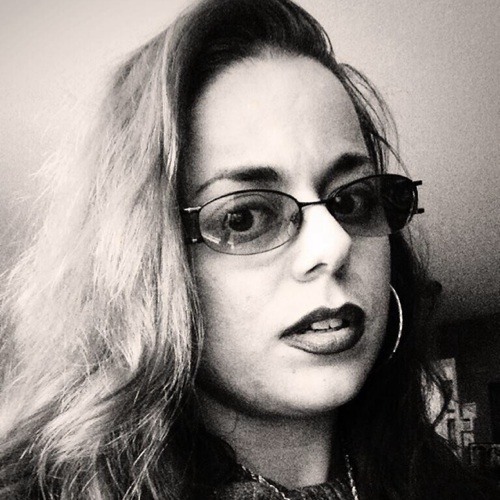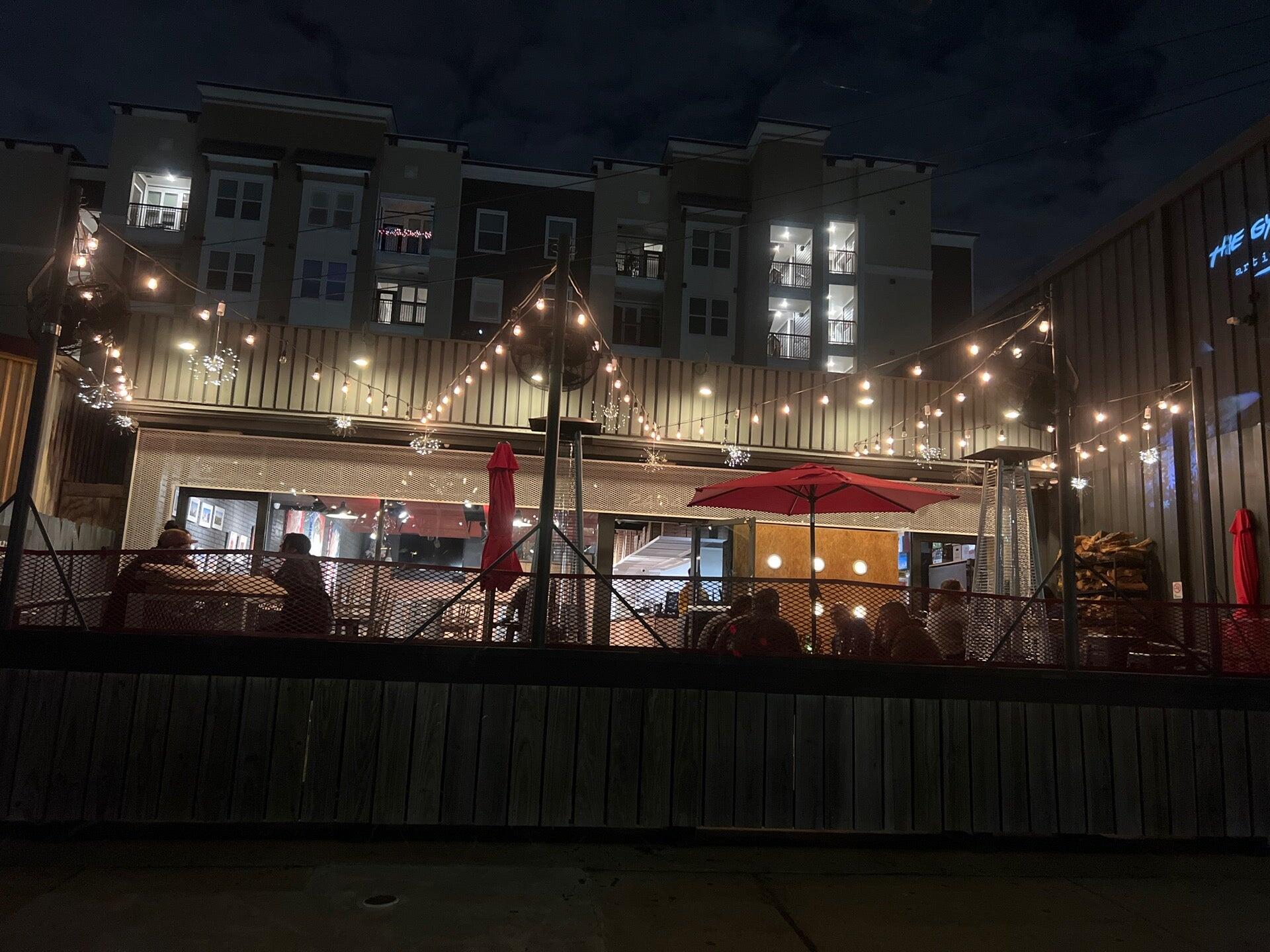The Gypsy Poet: A Journey Through Words, Wanderlust, And Soul
You’ve probably stumbled across the term “gypsy poet” somewhere, whether it’s in a dusty old book, a social media post, or maybe even whispered in some bohemian café. But what exactly does it mean? Who are these poets, and why do their words resonate so deeply with so many? The gypsy poet isn’t just a title—it’s a way of life, an unshakable connection to the world, and a voice that sings of freedom, love, and the human condition. So grab your favorite drink, settle in, and let’s dive deep into this mesmerizing world.
Now, if you’ve ever felt the pull of the open road, the allure of faraway lands, or the need to express the deepest corners of your soul, then you’re already halfway there. The gypsy poet is not bound by place or time; they are wanderers of the heart and scribes of the soul. Their words often carry the weight of experience, the beauty of discovery, and the rawness of emotion.
But before we go any further, let’s get one thing straight: being a gypsy poet isn’t about fitting into a label. It’s about embracing the chaos, the beauty, and the mystery of life. Whether you’re a seasoned traveler or someone who dreams of adventure from the comfort of their couch, the spirit of the gypsy poet lives within you. So, are you ready to explore?
Read also:Salon Success Academy Your Ultimate Path To Salon Business Success
Who Is the Gypsy Poet?
At its core, the gypsy poet is someone who defies convention. They are the dreamers, the wanderers, and the storytellers who refuse to be tied down by societal norms. These poets often draw inspiration from their travels, the people they meet, and the landscapes they encounter. Think of them as modern-day bards, spinning tales of love, loss, and liberation through the power of verse.
But here’s the kicker: you don’t have to be a literal gypsy to be a gypsy poet. It’s not about where you’ve been but how you see the world. The gypsy poet’s perspective is one of wonder, curiosity, and an unrelenting desire to understand the complexities of existence. Their words often serve as a mirror, reflecting both the beauty and the brokenness of the world around them.
The Roots of the Gypsy Poet Tradition
While the term “gypsy poet” might seem modern, its roots trace back centuries. Think of the Romantic poets like Byron and Shelley, who were known for their love of nature, travel, and emotional intensity. Or consider the Beat Generation of the mid-20th century, where writers like Jack Kerouac and Allen Ginsberg embraced a nomadic lifestyle and used their experiences to fuel their creative output.
- Byron: Known for his passionate verses and adventurous life.
- Kerouac: Famous for his novel "On the Road," which captured the essence of wanderlust.
- Ginsberg: A poet who used his work to challenge societal norms and explore the depths of human experience.
These figures laid the groundwork for what we now recognize as the gypsy poet tradition—a blend of literature, travel, and self-discovery.
What Makes a Gypsy Poet Unique?
The gypsy poet stands out from the crowd because of their ability to weave together personal experience with universal themes. Their poetry often feels raw and unfiltered, as if they’re pulling back the curtain on life itself. This authenticity is what draws readers in and keeps them coming back for more.
Themes Commonly Explored by Gypsy Poets
When you delve into the world of the gypsy poet, you’ll find that certain themes keep popping up. Here are a few of the most prominent:
Read also:Body Fit Training The Ultimate Guide To Transform Your Life And Body
- Freedom: Whether it’s the freedom to travel, to think, or to be who you truly are, this theme is a constant in gypsy poetry.
- Love: Love in all its forms—romantic, platonic, self-love—is a recurring motif. Gypsy poets have a knack for capturing the beauty and pain of love.
- Nature: The natural world often serves as both muse and backdrop in gypsy poetry. Mountains, oceans, forests—all of these places hold a special place in the hearts of these poets.
The Gypsy Poet Lifestyle: What Does It Look Like?
Living as a gypsy poet isn’t for the faint of heart. It requires a willingness to embrace uncertainty, to chase after dreams, and to let go of the need for stability. For many gypsy poets, life is a series of moments—some fleeting, some profound—but all worth capturing in words.
Imagine waking up in a different city every morning, meeting new people, and experiencing new cultures. That’s the life of a gypsy poet. It’s not always easy, but it’s undeniably rewarding.
The Challenges of Being a Gypsy Poet
Of course, no journey is without its challenges. Gypsy poets often face financial instability, isolation, and the pressure to constantly produce meaningful work. But despite these obstacles, they persevere, driven by a passion for creativity and a desire to leave their mark on the world.
How to Become a Gypsy Poet
So, you’re thinking about becoming a gypsy poet? Great! But where do you start? Here are a few tips to help you on your journey:
- Read Widely: Immerse yourself in the works of other gypsy poets. Learn from their techniques and styles.
- Travel: Even if it’s just around your hometown, get out there and explore. New experiences will fuel your creativity.
- Write Regularly: Practice makes perfect. Set aside time each day to write, even if it’s just a few lines.
Tools for Aspiring Gypsy Poets
Here are a few tools that can help you on your poetic journey:
- Notebooks: Keep a notebook with you at all times to jot down ideas and inspiration.
- Writing Apps: Apps like Evernote or Notion can help you organize your thoughts and drafts.
- Communities: Join online communities or attend workshops to connect with other poets and get feedback on your work.
Famous Gypsy Poets Throughout History
Throughout history, there have been countless gypsy poets whose works continue to inspire and influence today. Let’s take a look at a few of them:
Jack Kerouac: The King of the Beats
Jack Kerouac’s novel "On the Road" is often cited as the ultimate gypsy poet manifesto. His writing style, known as spontaneous prose, captures the essence of the gypsy poet lifestyle—free-flowing, unstructured, and deeply personal.
Allen Ginsberg: The Voice of Revolution
Allen Ginsberg’s poem "Howl" is a powerful example of gypsy poetry at its finest. Through his words, Ginsberg challenged societal norms and celebrated individuality, two key aspects of the gypsy poet ethos.
Rumi: The Mystic Poet
Though he lived centuries ago, Rumi’s poetry still resonates with gypsy poets today. His works explore themes of love, spirituality, and the search for meaning, making him a timeless inspiration.
The Impact of Gypsy Poets on Modern Literature
Gypsy poets have had a profound impact on modern literature. Their willingness to push boundaries and explore new themes has opened doors for countless writers. Today, you can see the influence of gypsy poets in everything from spoken word performances to best-selling novels.
Why Gypsy Poets Matter Today
In a world that often feels chaotic and uncertain, the gypsy poet offers a sense of clarity and purpose. Their words remind us to slow down, to appreciate the beauty around us, and to never stop searching for meaning.
Conclusion: Embrace the Gypsy Poet Within You
As we wrap up our journey through the world of the gypsy poet, I hope you’ve gained a deeper appreciation for this unique and inspiring tradition. Whether you’re an aspiring poet or simply someone who loves great writing, there’s something magical about the gypsy poet’s perspective.
So, what’s next? Start exploring, start writing, and most importantly, start living. The world is full of stories waiting to be told, and who knows? Maybe you’ll be the next great gypsy poet. Don’t forget to share this article with your friends, leave a comment, or check out some of our other content. Until next time, keep wandering, keep writing, and keep dreaming!
Table of Contents
- The Gypsy Poet: A Journey Through Words, Wanderlust, and Soul
- Who Is the Gypsy Poet?
- The Roots of the Gypsy Poet Tradition
- What Makes a Gypsy Poet Unique?
- Themes Commonly Explored by Gypsy Poets
- The Gypsy Poet Lifestyle: What Does It Look Like?
- The Challenges of Being a Gypsy Poet
- How to Become a Gypsy Poet
- Tools for Aspiring Gypsy Poets
- Famous Gypsy Poets Throughout History
- Jack Kerouac: The King of the Beats
- Allen Ginsberg: The Voice of Revolution
- Rumi: The Mystic Poet
- The Impact of Gypsy Poets on Modern Literature
- Why Gypsy Poets Matter Today
- Conclusion: Embrace the Gypsy Poet Within You


